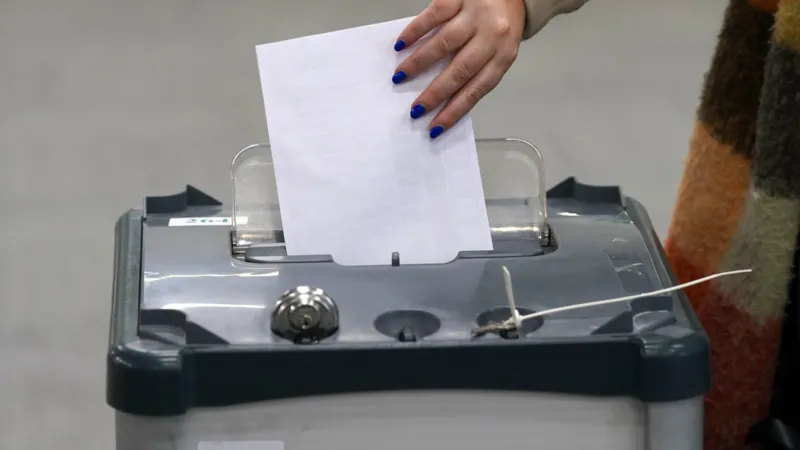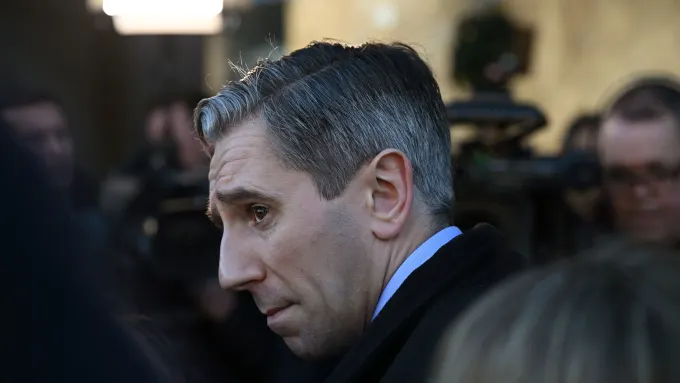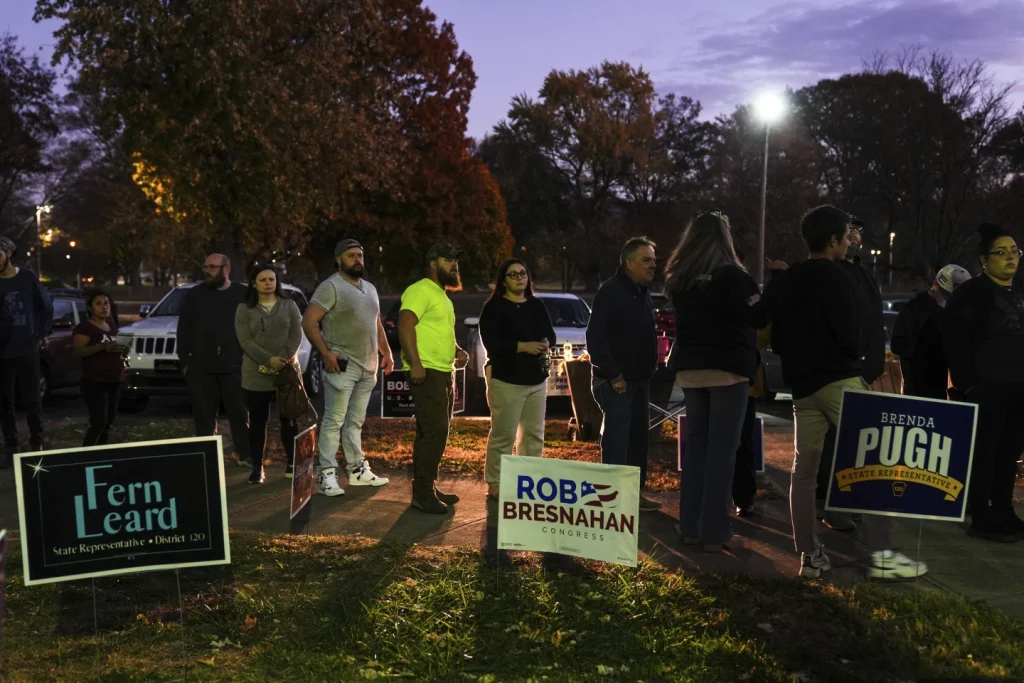Counting Gets Underway in Irish Election

The Irish general election has taken a significant turn as the counting of votes officially begins, with political parties and their supporters closely watching the results. The election, held to determine the next government, has been eagerly anticipated, with a diverse array of candidates vying for the top spots in the Dáil, Ireland’s lower house of parliament. The Irish people have gone to the polls to cast their votes, and now, all eyes are on the election count to determine who will lead the country in the coming years.
Electoral Process and Results
In Ireland, voting takes place using a proportional representation system, meaning that voters select candidates based on their preferences. This system aims to ensure that the composition of the government closely reflects the way people voted. Votes are cast for individual candidates rather than political parties, but the election results will ultimately determine which parties can form a coalition government. Given the fragmented nature of Irish politics, the counting process can be lengthy, and coalition negotiations are a critical part of the process.
The vote counting for the Irish election typically begins the morning after the election, with results expected to trickle in throughout the day. The counting process is meticulous and can take several days in some cases, particularly in constituencies with a high number of candidates. The use of preference votes—where voters rank candidates in order of preference—means that each vote must be carefully tallied to determine who gains the seat in each constituency.
The Leading Contenders
Heading into the election, the two major political parties—Fianna Fáil and Fine Gael—have been the dominant forces in Irish politics for decades. Fianna Fáil, traditionally aligned with the center-right, has been led by Micheál Martin, while Fine Gael, which also occupies a center-right position, has been headed by Leo Varadkar. However, both parties have faced increased competition from the more left-leaning Sinn Féin party, which has experienced a surge in popularity in recent years.
Sinn Féin, led by Mary Lou McDonald, has capitalized on discontent over issues such as housing, healthcare, and social inequality, gaining traction, especially among younger voters. The party’s rise in the polls has been seen as a sign of shifting political winds in Ireland, as more and more people look for alternatives to the long-standing political establishment.
Other smaller parties, including the Labour Party and the Green Party, are also key players in the election. While they are not expected to secure enough seats to form a government outright, they could play a significant role in coalition talks, depending on how the vote count unfolds.
Public Expectations and Key Issues
As the counting progresses, several key issues are dominating public discourse. Housing remains one of the most pressing concerns for voters, with rising rents, a shortage of affordable homes, and homelessness reaching critical levels in some urban areas. The Irish government has been under significant pressure to address these issues, and the election results will likely reflect how successful voters believe the current administration has been in tackling the crisis.
Healthcare is another critical issue. The Irish health service, while free at the point of delivery, has been plagued by long waiting lists and under-resourced facilities. Voters are keenly aware of the challenges facing the healthcare system, and it remains to be seen which party or coalition can offer the most effective solutions.
Additionally, the impact of Brexit and Ireland’s position in the broader European Union context is a consideration for many voters. With ongoing trade and political tensions between the UK and EU, Irish voters are keen to ensure that their country remains at the heart of Europe and continues to navigate the challenges that Brexit has presented.
Counting and Coalition Talks
The vote counting process in Ireland is notoriously complex and takes time. The proportional representation system means that no single party is likely to secure an overall majority, leading to the need for coalition talks. These negotiations can be time-consuming and often involve intricate compromises on policy, as parties with differing ideologies seek to form a government that can hold the majority in the Dáil.
While Fianna Fáil and Fine Gael have traditionally formed coalition governments in the past, the rise of Sinn Féin and other smaller parties could lead to unexpected alliances. The outcome of these talks will depend on the final results of the vote count and the willingness of parties to collaborate on key policy issues.
Potential Outcomes and Future Government
With the election results still coming in, it is difficult to predict exactly what the political landscape will look like in the days to come. However, it is clear that the future government of Ireland will likely be a coalition, as the country’s proportional representation system seldom allows for a single party to secure an outright majority.
The next few days will be crucial as the results are tallied and coalition talks begin. With issues such as housing, healthcare, and Ireland’s relationship with the EU dominating the election cycle, voters will be looking to the incoming government to tackle these challenges head-on. Whether the next government will be led by one of the traditional political giants, Fianna Fáil or Fine Gael, or whether Sinn Féin will emerge as a key player, remains to be seen.
The counting of votes in the Irish election is underway, and the results will determine the political future of the country. With major issues like housing and healthcare driving the conversation, the outcome of the election is of great significance to the Irish people. As the parties prepare for coalition negotiations, the coming days will be pivotal in shaping the next government and deciding how Ireland will address its most pressing challenges. With political tides shifting, the future of Irish governance is uncertain, and the results of the election could herald a new era in the country’s political landscape.






